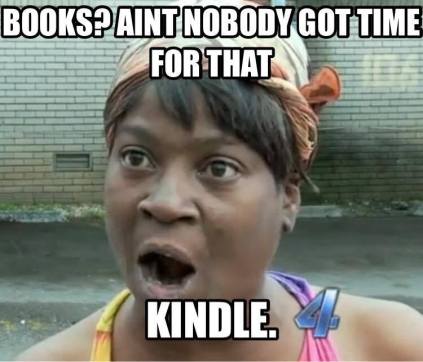Media convergence defined:
As stated by Henry Jenkins (2006) convergence is “the flow of content across multiple media platforms, the cooperation between multiple media industries and the migratory behaviour of media audiences who will go almost anywhere in search of the kinds of entertainment experiences they want”. (Henry Jenkins, ‘Welcome to Convergence Culture’, 2006)
By the Australian Communications and Media Authority (AMCA), media convergence is defined as “the phenomenon where digitisation of content, as well as standards and technologies for the carriage and display of digital content, are blurring the traditional distinctions between broadcasting and other media across all elements of the supply chain, for content generation, aggregation, distribution and audiences”. (ACMA, ‘Digital Australians’, 2011)
Media convergence to me:
My understanding of media convergence is based around both Jenkins’ and ACMA’s definition. Media convergence relates to media platforms, media audiences and media industries, and the cooperation between the three. Typical examples of media convergence involve the use of many media platforms at one time and the use of new media to access traditional media. For example, newspapers are readily accessible online via computers, phones, tablets etc.

My typical night time…demonstrations of media convergence.
May I begin by saying that I had no idea such few people remained to watch live to air television. When I say that I spend ‘much too much’ time in front of a screen, that INCLUDES (dare I say it) LIVE TO AIR TELEVISION, which apparently is very ‘behind the times’ of me. This is an example of media convergence, as society has largely migrated from watching live to air television to media such as Netflix to watch what they want, when they want. I considered myself reasonably converged, however I can confidently say I find the idea of never having a television in your house and watching all programs on a new media screen to be mind boggling.
I considered my family and myself to be fairly converged (apparently less than I thought) however, there are demonstrations of media convergence within a typical night time within my home. This convergence consists of one television and several devices being operated at the same time. Media platforms such as television networks, Facebook, Instagram, Twitter and news websites are being operated from several devices in one room. This is a demonstration of convergence as multi-tasking is allowed as a result of new media and cooperation between industries and platforms are relevant. I consider media convergence to be a primarily positive trend, however I do think that it poses the risk of certain members in society being ‘left behind’.
For more information on media convergence, see below.
Until next time, that’s this week Pinned.
Emma.
Sources:
- Australian Communications and Media Authority, Digital Australians—Expectations About Media Content in a Converging Media Environment: Qualitative and Quantitative Research Report (2011), 7.
- http://henryjenkins.org/2006/06/welcome_to_convergence_culture.html
Hey Emma!
Straight away I was engaged with a wide range of knowledge and different thoughts between the three definitions and liked how you weren’t based around one definition which brought a more concise argument. The only thing I would suggest is to maybe include how media convergence could mean new ideas and opportunities and expression in today’s society. It could have also been good to link back to how media was before this massive new ‘convergence’ occurred. For example- linking the differences or what happened when sitting around the TV between now and say the 1960’s. But other than those suggestions, really agreed with the points that were made.
-Nathan
LikeLiked by 1 person
Hi Emma,
Straight up liked that you jumped into two different definitions of media convergence! It is something that seems to be interpreted in so many different ways and having the two definitions at the start like you have done makes it all the easier to read and understand properly.
Your examples of media convergence within your own home help remind us as we read this that it is (media convergence) something happening all around us in everyday situations.
I also liked your comment on television and the thought of not having one in any household being mind-boggling. It’s a strange thought, having a television would have once been a strange thing and now, not having one is. It’s almost in itself an example of convergence! Television taking over the radio and now potentially the Internet along with tablets and laptops phasing out the television.
Charlie
LikeLiked by 1 person
Hi Emma,
Awesome post! The way you dove straight into identifying what Media Convergence is was a great way to make sure people understand what you are talking about from the get-go.
Within the blog, I specifically like the interpretation of your family “being behind the times” with media convergence, I feel as if my family is slightly the same, as we still watch Free to Air television. It would have been great if we could read some examples of media convergence in your family on a typical night.
As a comparison, it would be interesting to note how we learn that during the late 1950’s, for example, all members of the family would gather around the single black and white TV, which was the only media device in the house and watch weekly broadcasts. No one spoke until the show had concluded. Times were much slower then and it took news days, weeks or even months to be circulated. It’s interesting how, in a couple of generations, times have changed so dramatically. The old reminisce about the “golden days” and we learn how the young cannot access and disseminate information fast enough on as many devices as possible, as noted in your blog.
– Jackson
LikeLiked by 1 person